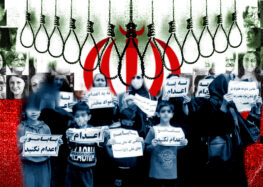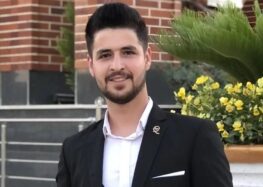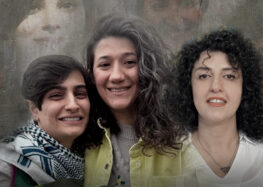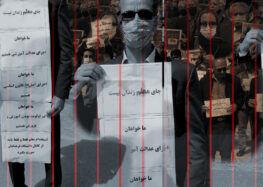Shirin Ebadi: Bill That Restricts Protests to Designated Areas in Iran Adds “More Limits” to Freedom of Speech
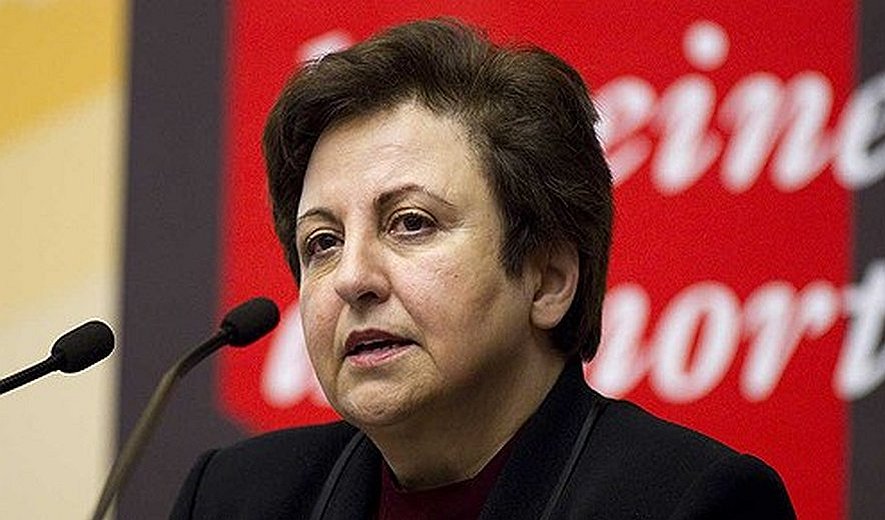
A proposed bill aimed at designating public spaces in Iran for protests will lead to “more limits” on the people’s right to voice their demands, Nobel Peace Prize laureate Shirin Ebadi told the Center for Human Rights in Iran (CHRI).
“No one would attack rallies without a green light from the state,” the Iranian human rights defender told CHRI on February 2, 2018. “It is the state that has attacked protesters for the past 39 years, therefore, these excuses don’t have any meaning other than imposing more limits.”
“Furthermore, the Constitution does not limit rallies to a certain time or place,” added Ebadi. “That means the Constitution allows anyone to rally anywhere at any time, on the condition that he or she does not carry weapons. If we limit this right to one or two places, it means we want to restrict it.”
A week after protests broke out across Iran on December 28, 2017, the Tehran City Council voted on January 7, 2018, to establish a designated area for public demonstrations in the capital city.
“What should people do if they want to criticize and protest against something?” said Tehran city councilman Ahmad Masjed-Jamei after the vote. “We should create a physical space where people can exercise their right to protest.”
On February 1, Abolfazel Abutorabi, a conservative member of the Parliamentary Committee on Councils, told the Parliament’s official news agency that a bill based on Article 27 was being drafted, and would restrict public protests to designated spaces in Tehran.
But not all Tehran City Council members agreed with the measure.
“The law already allows people to hold rallies but there are so many preconditions that you cannot have a lawful rally,” said reformist councilman Mahmoud Mirlowhi on January 8. “When our laws don’t facilitate rallies, the people will break the law rather than try to get a permit.”
Ebadi, a lawyer who was awarded the 2003 Nobel Peace Prize for her efforts to promote human rights in Iran, told CHRI that politicians should be addressing the problem of state violence.
“The only condition set by Article 27 of the Constitution for holding rallies is that they should be peaceful and without weapons,” she said. “Adding other conditions with the excuse of providing security for the protesters is in reality only intended to limit this right.”
According to Article 27, “Public gatherings and marches may be freely held, provided arms are not carried and that they are not detrimental to the fundamental principles of Islam.”
But Abutorabi, the conservative MP representing Isfahan, argued that protests should be restricted to a specific area in Tehran.
“An area for protests has been proposed in this bill to be held at the side of the Parliament building,” said Abutorabi, a former prosecutor.
He continued: “The bill includes provisions for the security of the protests and in some cases requires MPs to respond. For instance, for rallies of 100 people, 300 people, 700 people, 1,000 people and 2,000 people or more, the following lawmakers must appear respectively: the relevant MP, a committee chairperson, a member of the parliamentary chairing committee, the deputy speaker and the speaker.”
The MP’s comments suggest that such a law would criminalize protests held outside state-designated areas, such as in the streets, in front of government offices or at factories and universities.
In Iran, police and security forces often attack peaceful protests with excessive force, using batons, tasers, water cannons and tear gas. Demonstrators have been fired upon but the authorities rarely take responsibility for deaths.
At least 25 people were killed and thousands arrested in Iran’s December 2017 protests.
If approved this month, the protest law could soon face its first tests.
The Iran National Front, a secular political party, has requested a permit to hold a rally on March 5.
In a letter to President Hassan Rouhani on February 1, the party said it wanted to test the president’s recent assurances that his government respects the people’s right to peaceful protest.
“Criticism is the people’s right because the country belongs to them,” said Rouhani on January 8.
Previously, on January 24, seven politicians close to former President Mahmoud Ahmadinejad also asked the Interior Ministry for permission to demonstrate against the government’s economic policies.



